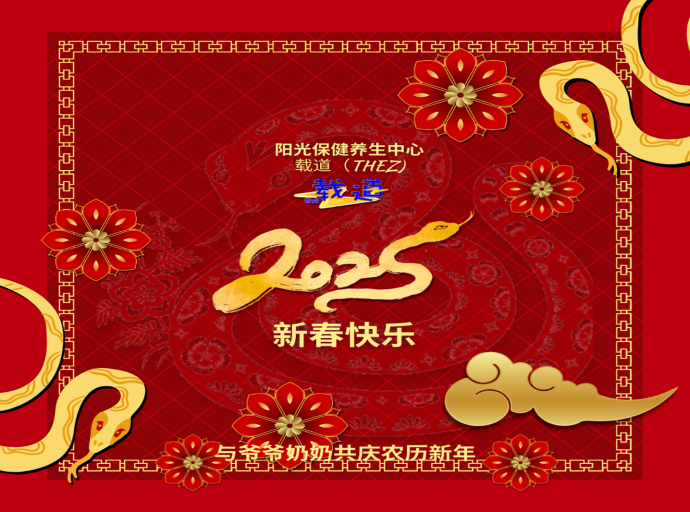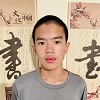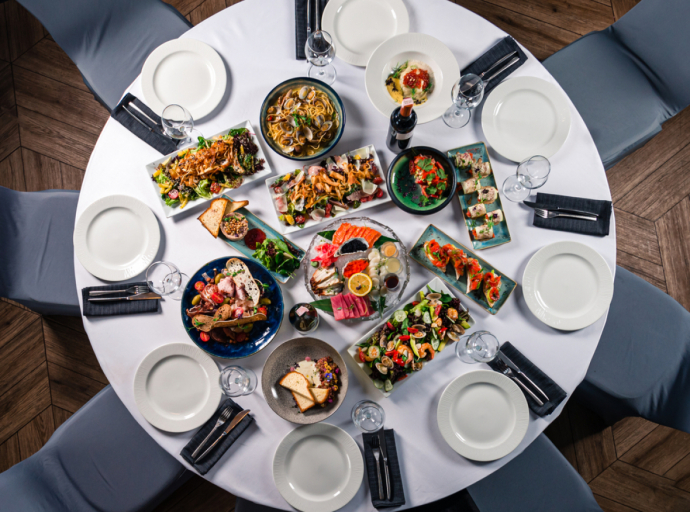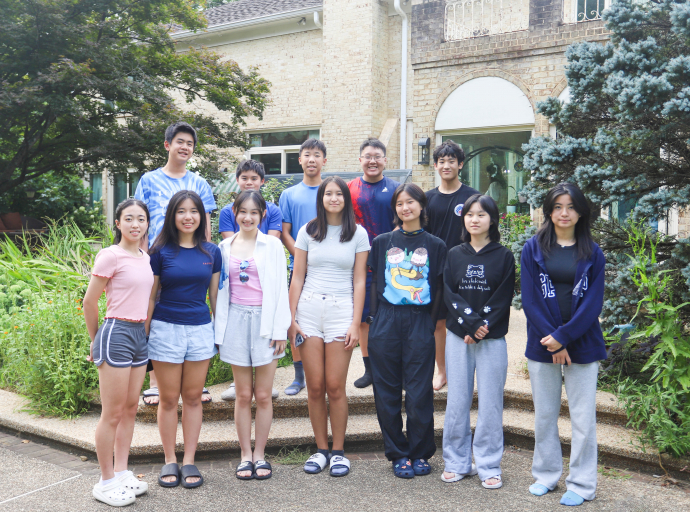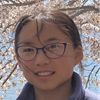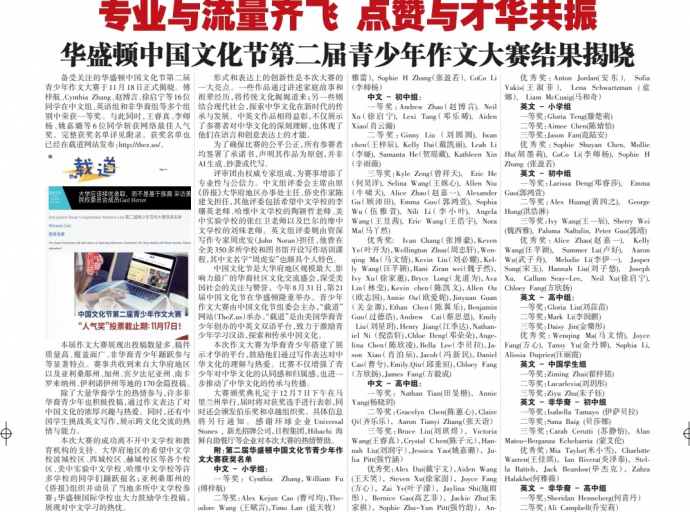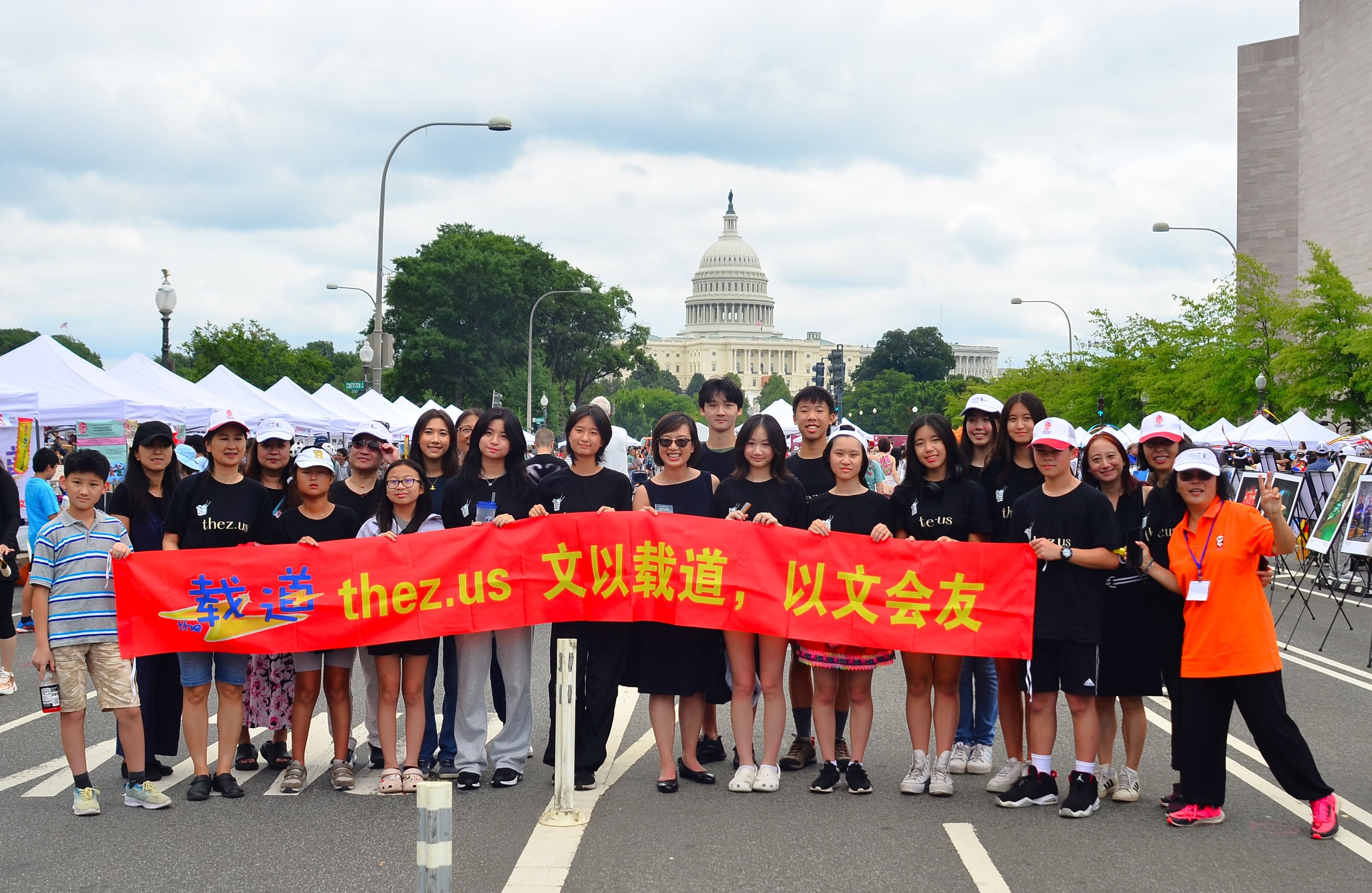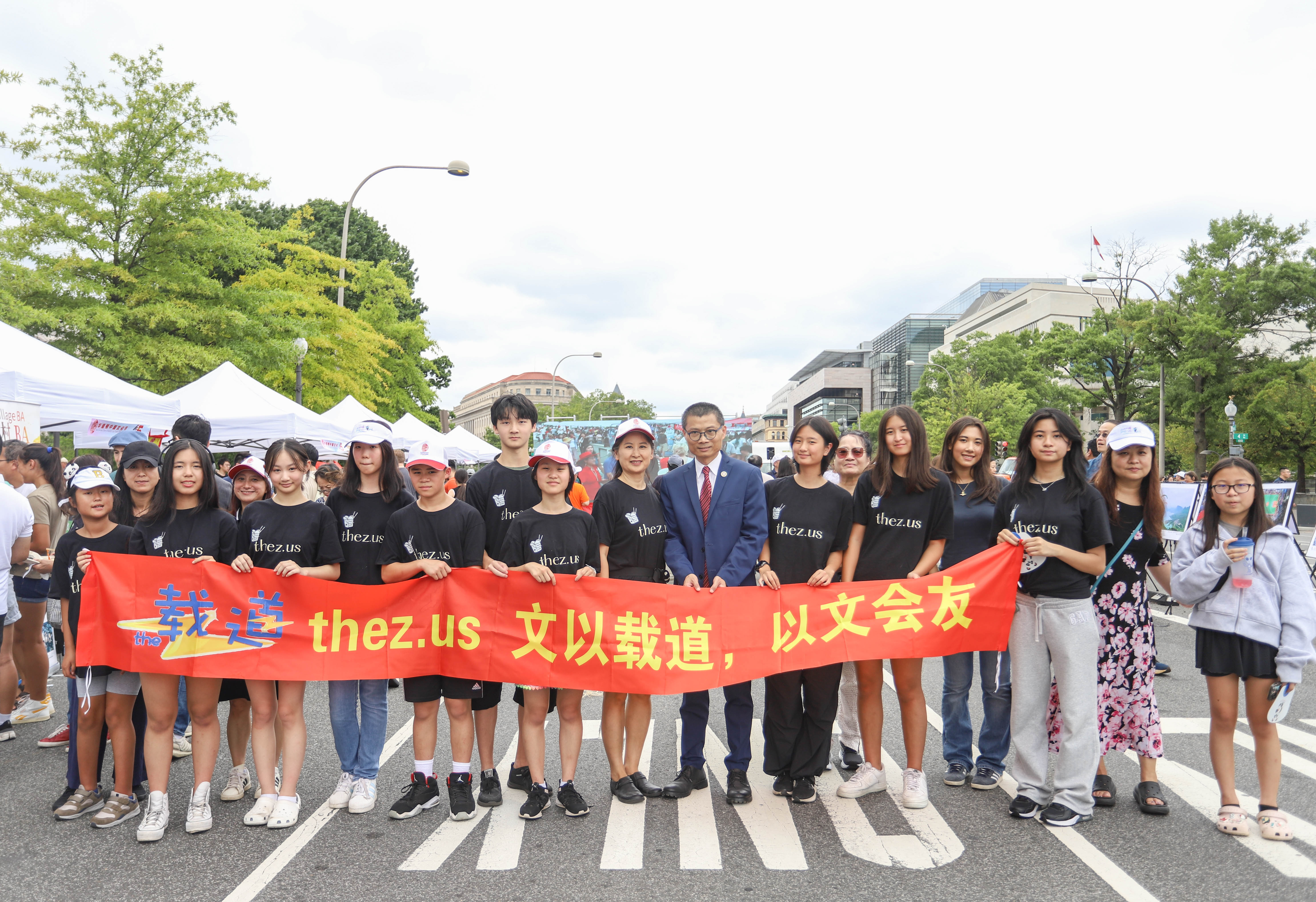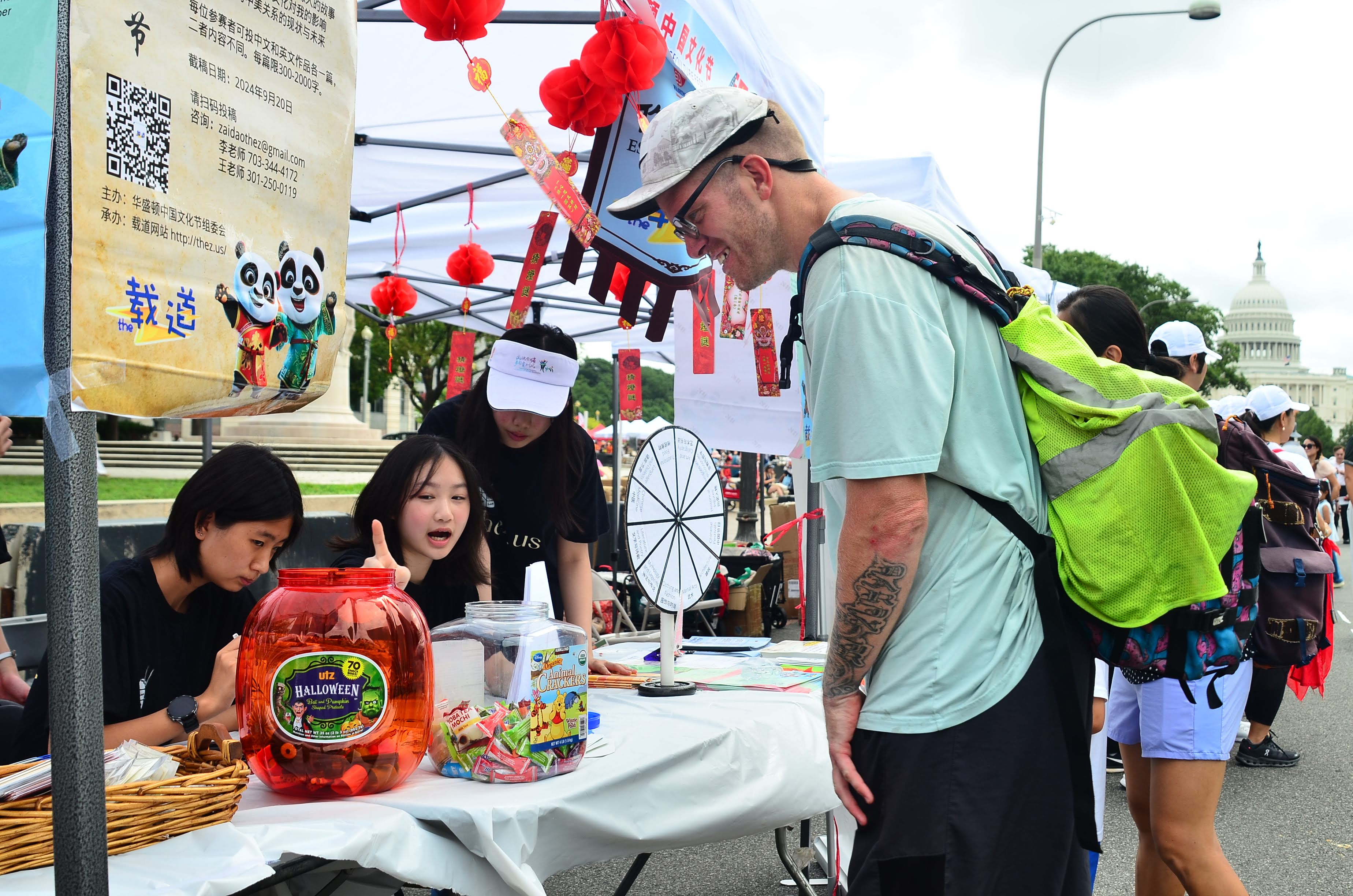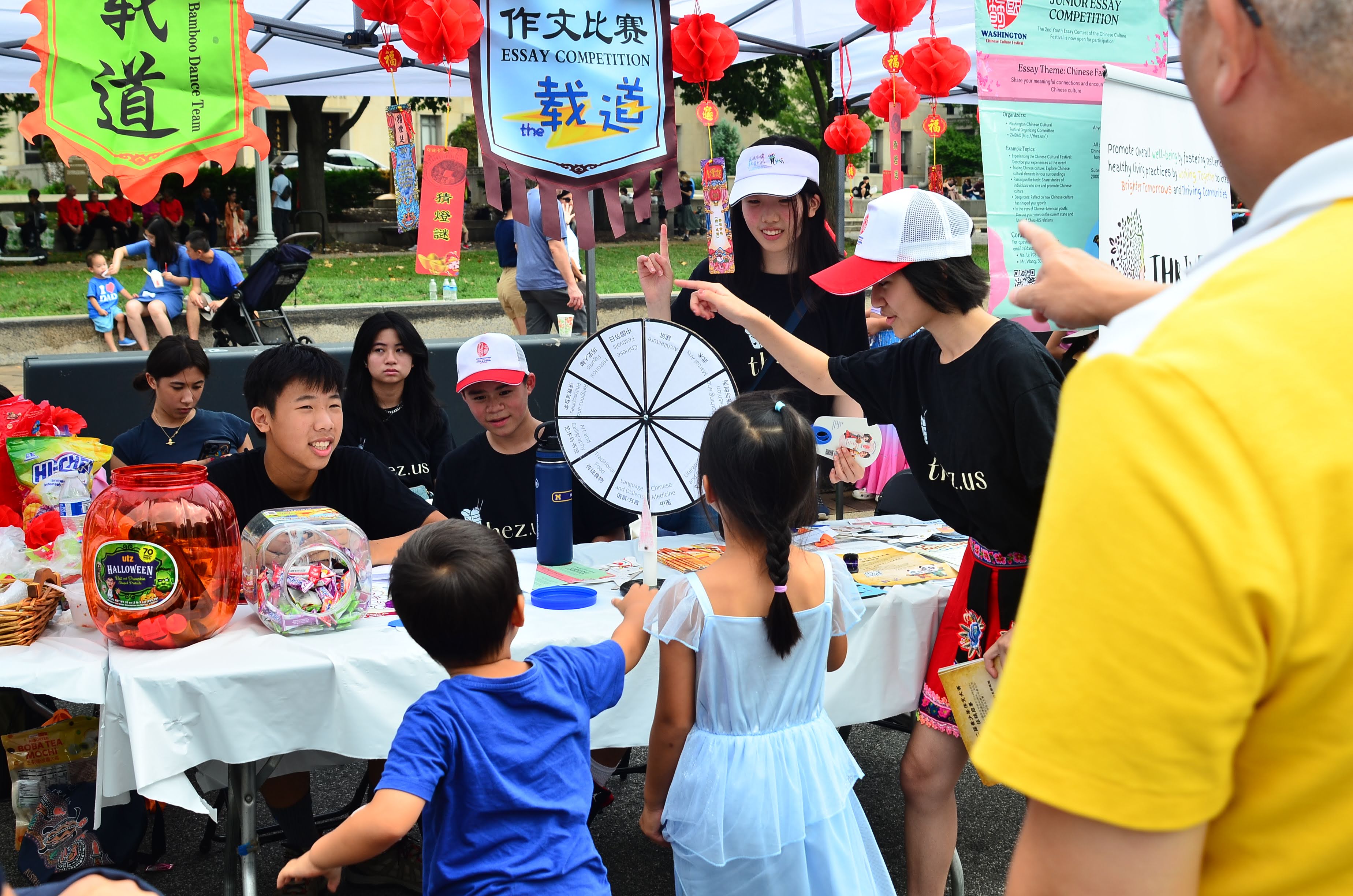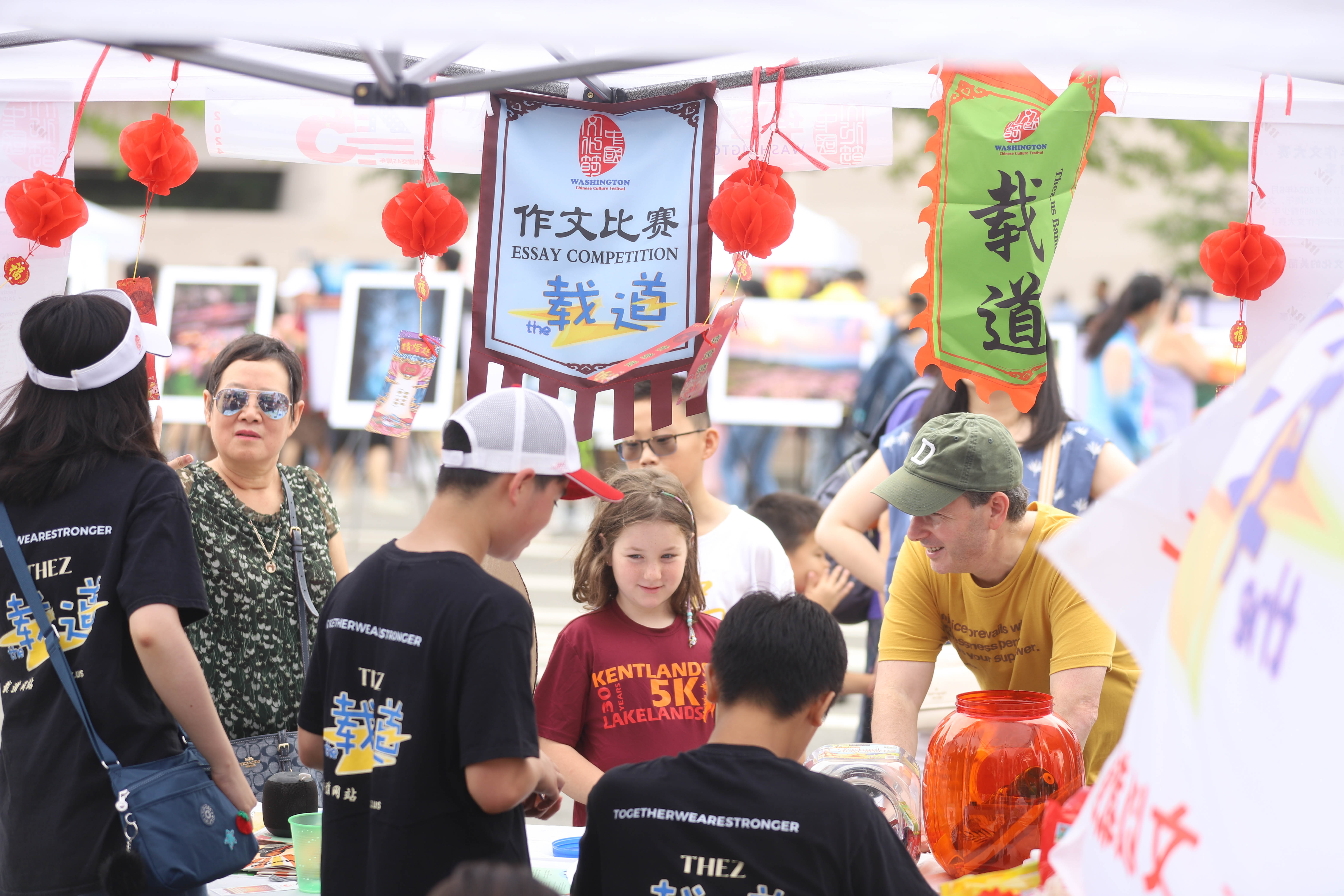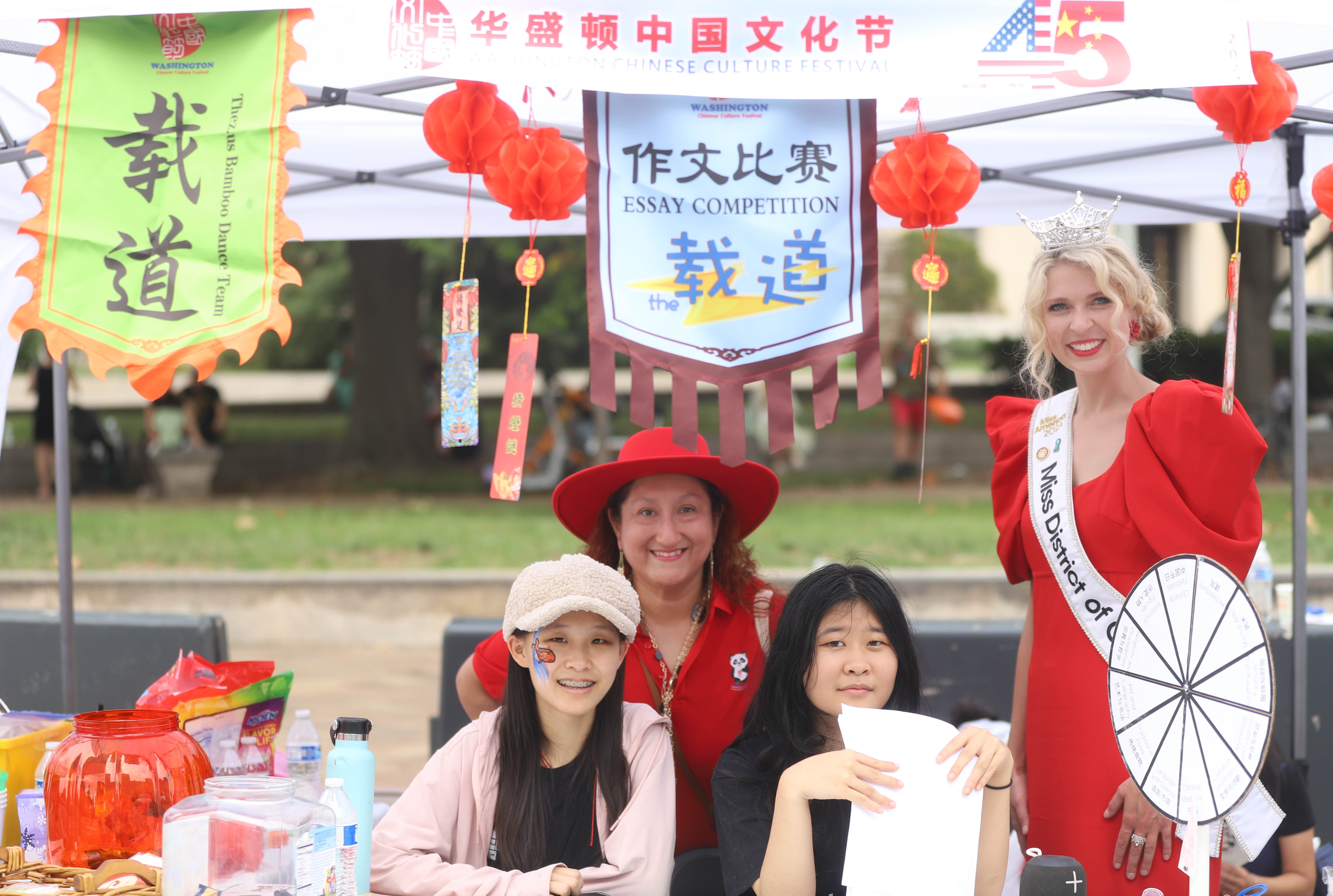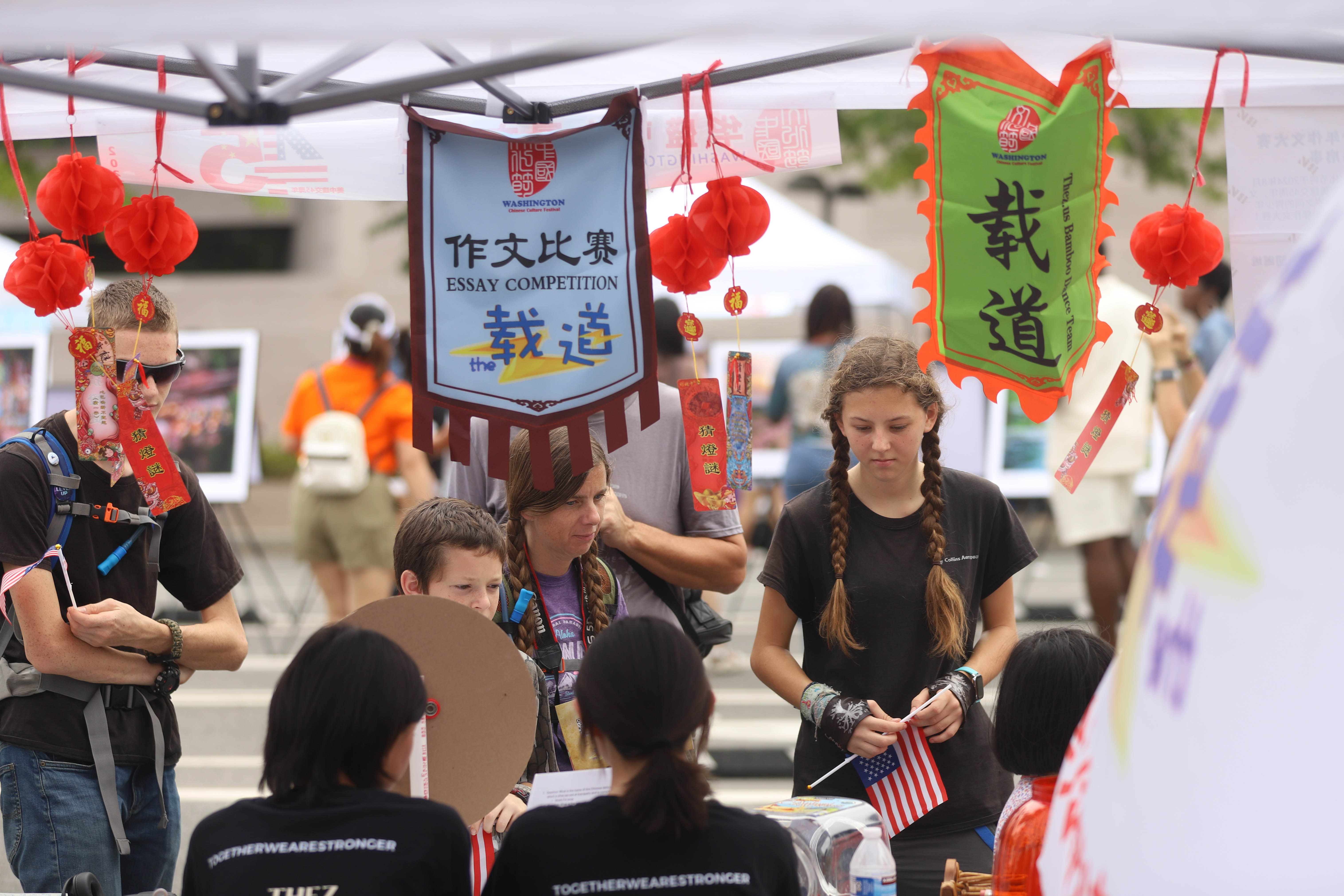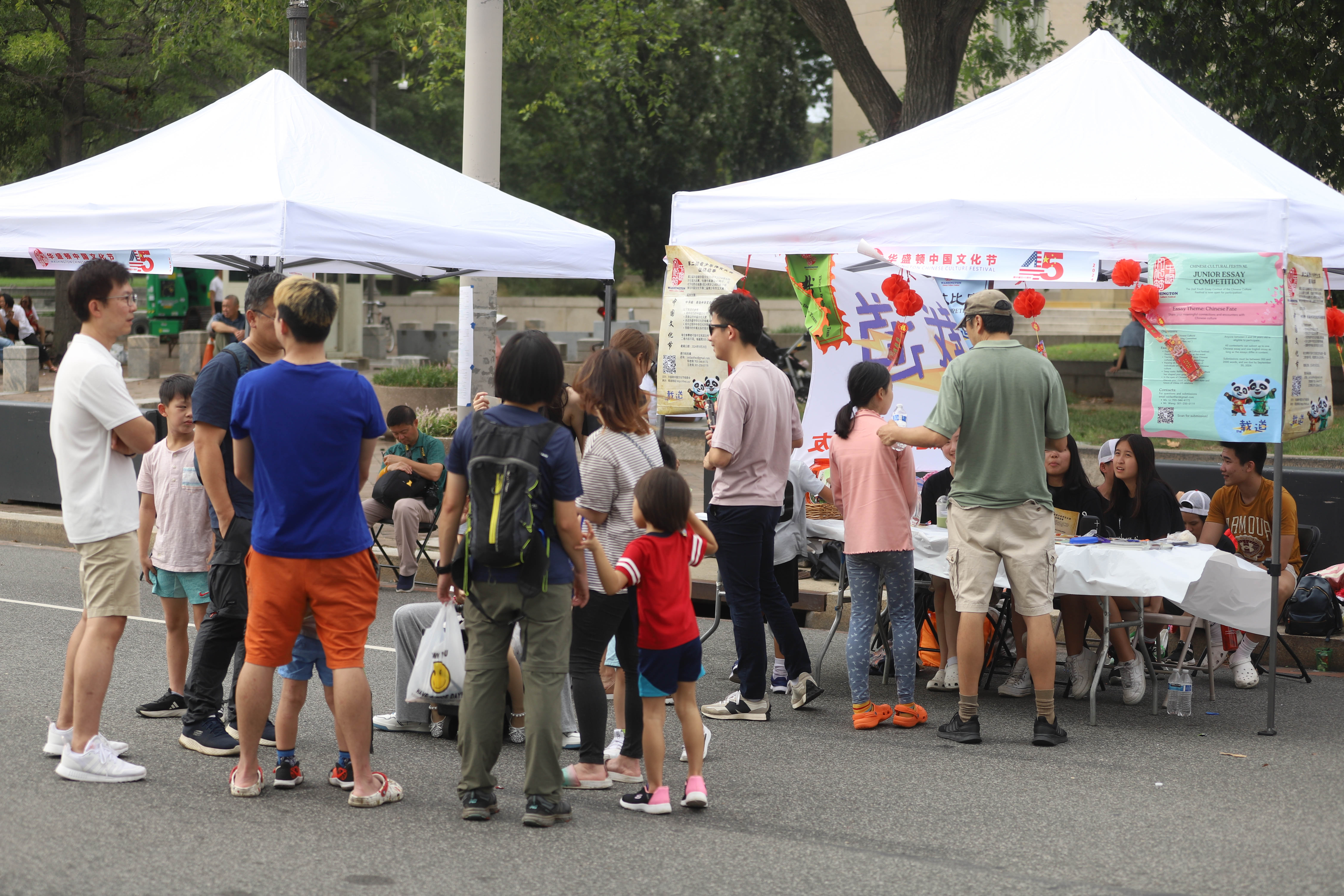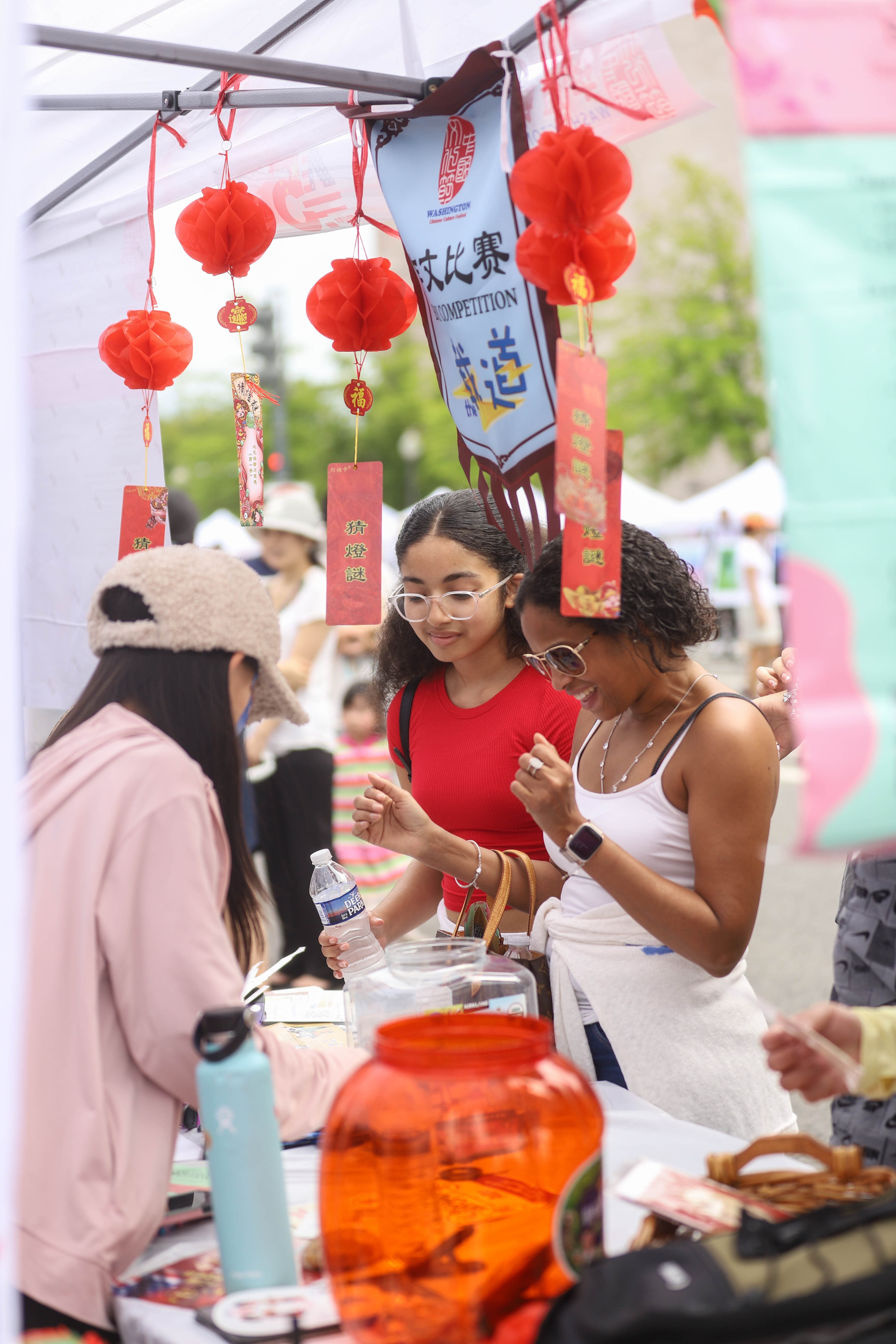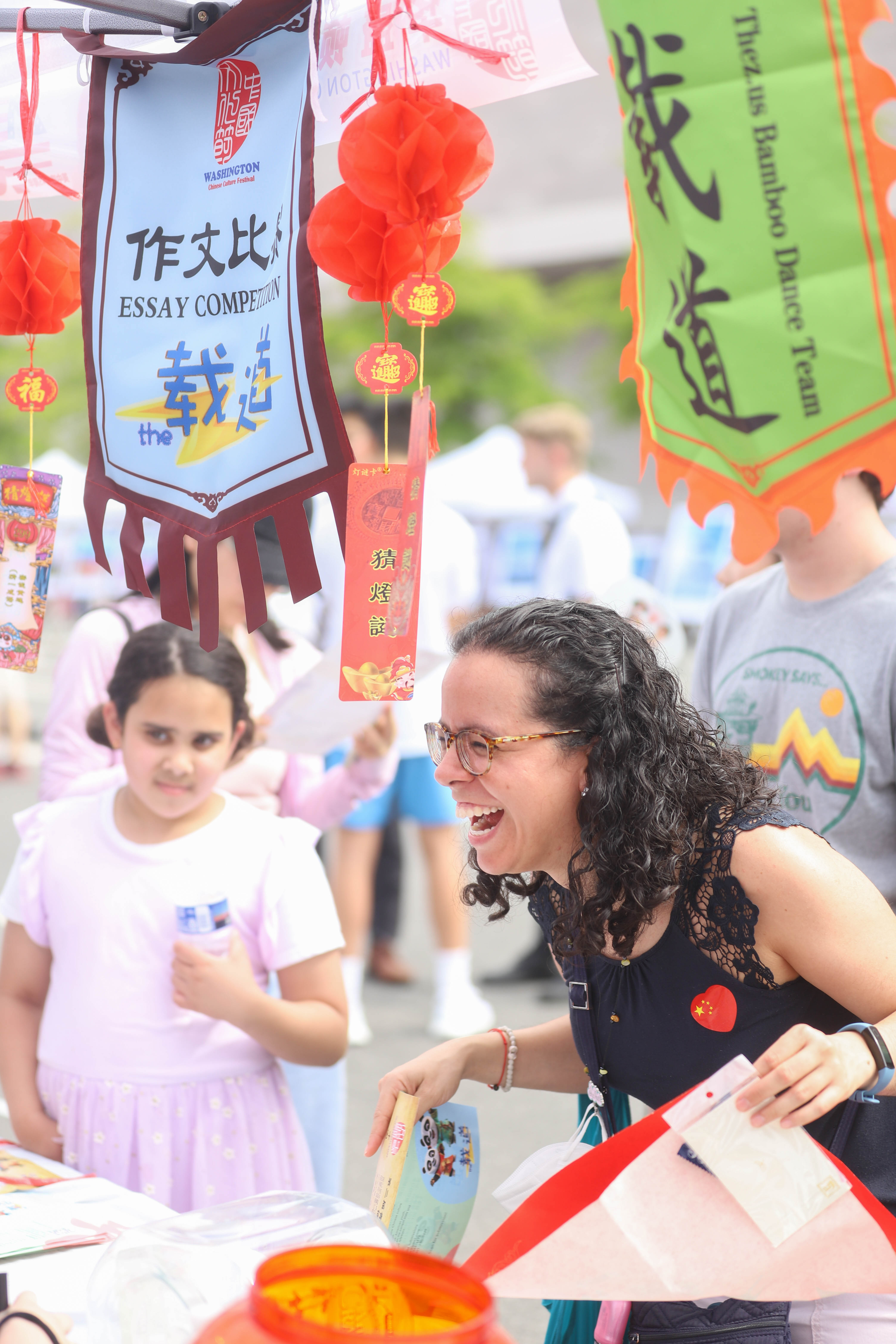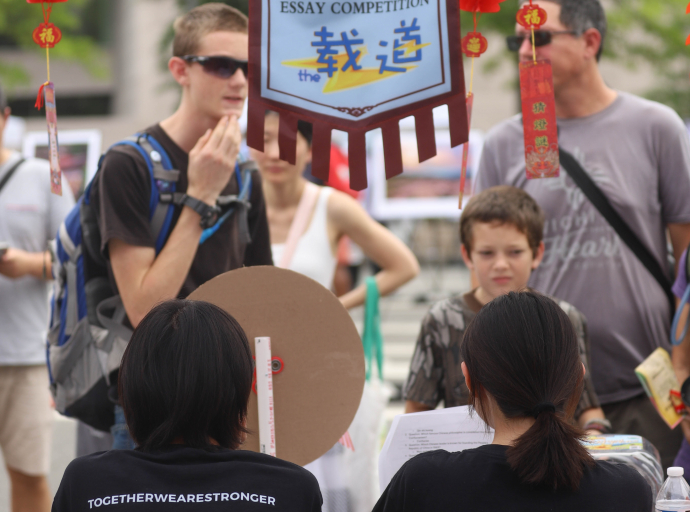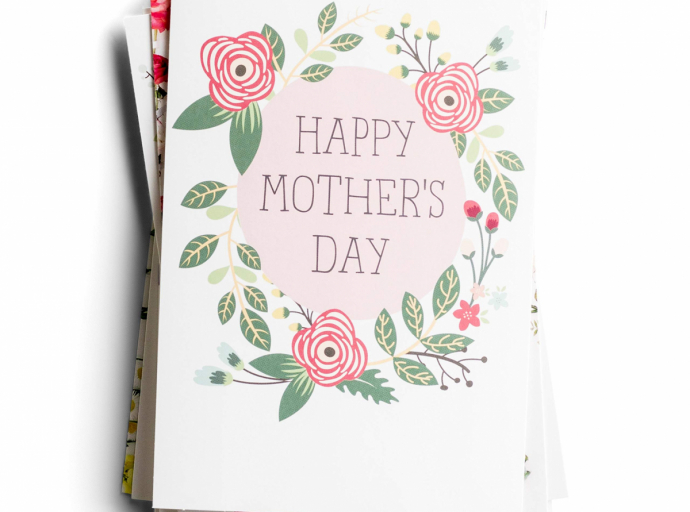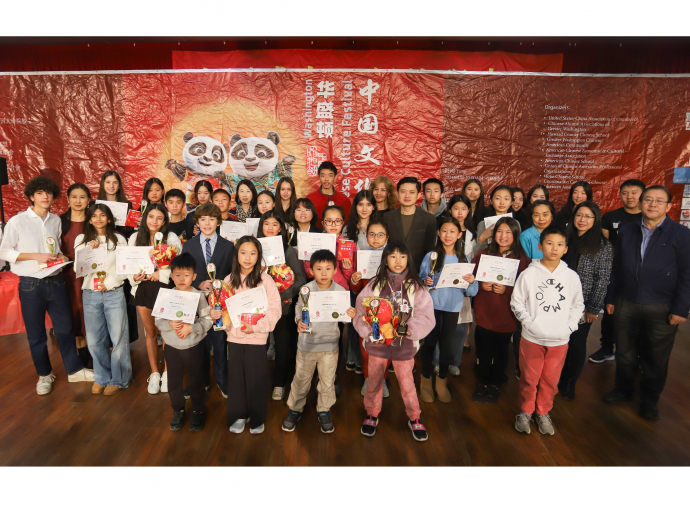[中文版本]
Talking About the Spring Festival: The Chinese "Nian"
When we talk about the Spring Festival, we are referring to what the Chinese call "Nian" (年). To me, "Nian" feels neither near nor far, yet in reality, it seems quite distant. As a child, I had little memory of it—just the impressions of cold and red. Later, as I grew older, the country restricted fireworks and firecrackers for environmental protection, making the festival much quieter. Then came the pandemic, which made the New Year spirit fade even more. That was my personal experience, but in other parts of China, such as the South, especially in Guangdong and Fujian, the celebrations may still be grand and lively.
In the hearts of most Chinese people, "Nian" carries extraordinary significance. It marks both an end and a beginning. People leave behind the troubles and misfortunes of the past year, embracing the arrival of spring and the hope for a better life. With love, excitement, and dreams, they step into the new year’s vibrance, its grand festivities, and endless possibilities. Life is vast, and everyone has different goals and dreams, yet all persist in their pursuits, driven by their beliefs.
What "Nian" Looks Like
The essence of "Nian" is often simple, yet deeply meaningful. Perhaps it is:
- A stack of red envelopes, symbolizing good fortune.
- The red decorations seen everywhere—spring couplets and the character “福” (fortune) pasted on doors.
- The stars shining above as countless homes glow with warm lights.
- The laughter of family members gathered around the dinner table, watching the Spring Festival Gala.
- The joyful greetings from loved ones when returning home.
- The flourishing of a strong and prosperous nation, bringing peace to its people.
This is what "Nian" looks like in people’s hearts.
My Northern Impression of "Nian"
As someone from the North, if I were to describe my impression of "Nian":
- One word: Red—a color that represents prosperity and festivity.
- Two words: Family—the core of warmth and belonging.
- Three words: The Chinese People—the spirit of unity and pride.
- Four words: Based on the Zodiac—for example, this year is the Year of the Snake, so I would say “巳巳如意”, a creative play on "事事如意" (may everything go as you wish).
The Color Red and the Legend of "Nian"
Red is one of the most beloved colors in China, especially during the New Year. According to legend, in ancient times, a mythical beast called “Nian” (年) would appear and terrorize villages. People discovered that wearing red, pasting red decorations on doors, and lighting firecrackers could drive it away. Over time, these customs became traditions, passed down from generation to generation.
The Importance of Family
Family is our "life jacket" in the rough seas of life. As we grow older, we come to truly understand the importance of family. As one of my teachers often said:
"When you are experiencing something, you may not feel it deeply. But when you are about to lose it or have already lost it, regret will be all that remains."
For Chinese culture, family is the foundation of everything. As the saying goes, “修身齐家治国平天下” (cultivate oneself, manage the family, govern the country, bring peace to the world)—family is the root of all things. The Chinese people place great value on relationships and traditions, and these ideas stem from family influence. The Spring Festival serves as a precious moment of reunion, a time to reconnect with family. No matter how exciting the world outside may be, home will always be our true utopia.
The Spirit of the Chinese People
During the Spring Festival, beyond the joy of celebration, there is also a deep sense of national pride. Even in the midst of the festivities, there are people still working tirelessly for the country and its people:
- Soldiers guarding the borders, ensuring national security.
- Doctors and medical workers, standing strong to protect lives and health.
- Sanitation workers, delivery drivers, and police officers, ensuring the city continues running smoothly.
Their efforts embody the Chinese spirit—resilience, dedication, and responsibility.
This year, 2024, holds special significance. The Chinese New Year has been officially recognized as a United Nations holiday, gradually evolving into a "global festival." Its recognition as intangible cultural heritage further proves that China continues to promote cultural diversity, inclusivity, and mutual learning among civilizations.
"巳巳如意"—A Special Blessing for the Year of the Snake
Since the Snake is associated with the Earthly Branch "巳", we creatively adapt “事事如意” (may all things go as you wish) into “巳巳如意”. This clever wordplay not only conveys good wishes but also carries a touch of modern creativity, making it uniquely fitting for this year.
The richness of Chinese culture lies in its deep traditions and continuous evolution. Looking back at history, the Spring Festival has always been the most dazzling star in China's cultural sky. It is a festival of both heritage and innovation—from the ancient custom of “总把新桃换旧符” (replacing old charms with new ones) to the modern “cloud-based New Year greetings”, technological advancements continue to shape how we celebrate. The festival’s essence is reflected in both the lively fireworks and the deep-rooted cultural traditions.
Passion: A Theme for the New Year
One of my favorite phrases this year comes from comedian Fu Hang, who often emphasizes “Passion”.
Life is about embracing passion—pursuing what we love, never fearing challenges, and pressing forward with courage.
So, as we step into a new year, let us honor the past and embrace the future. May we carry the spirit of our ancestors, push forward with determination, and create a brighter tomorrow.
May this year be better than the last. May all your wishes come true. May peace and happiness fill every home.
Happy Lunar New Year!


